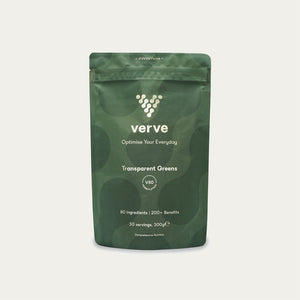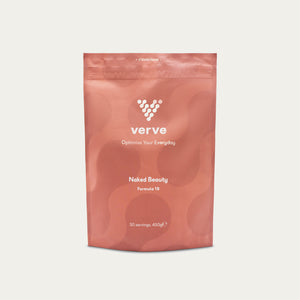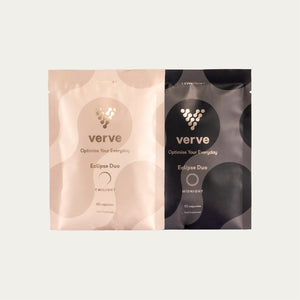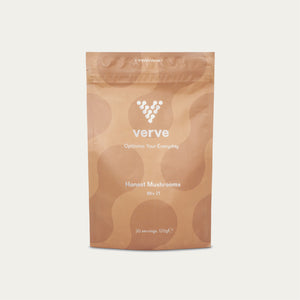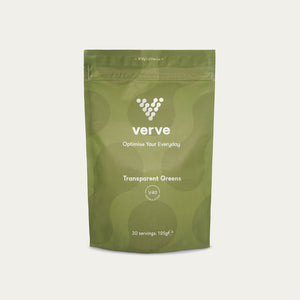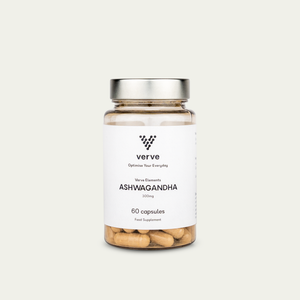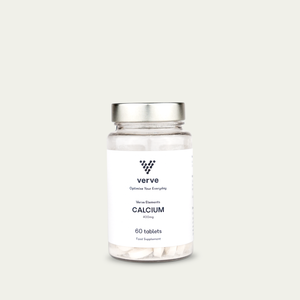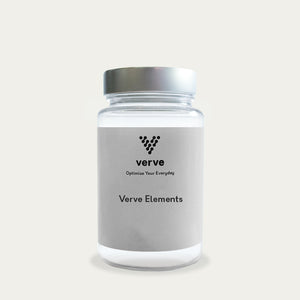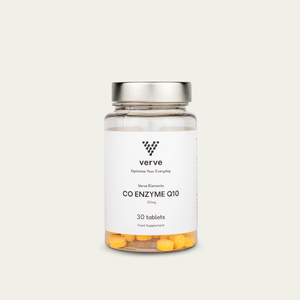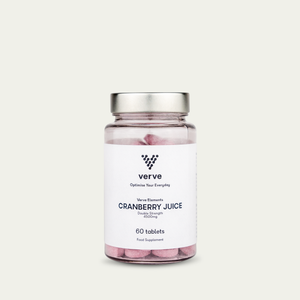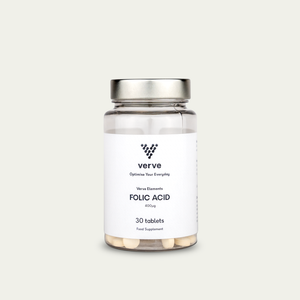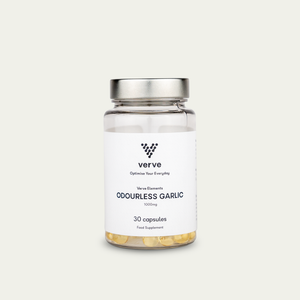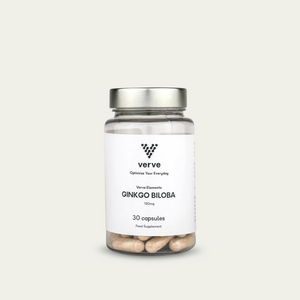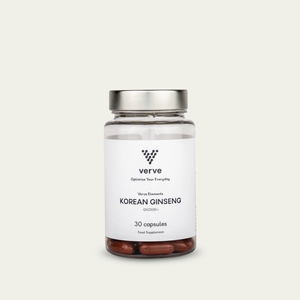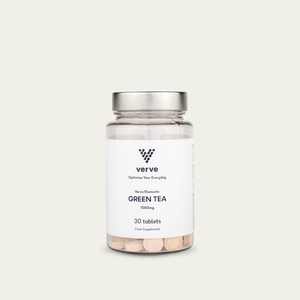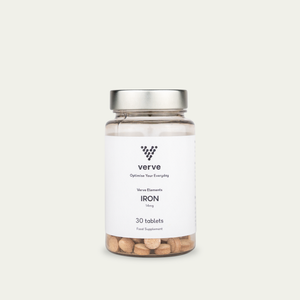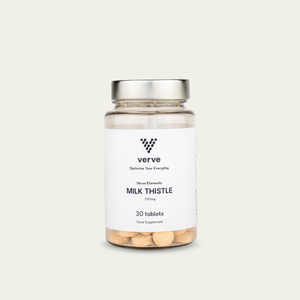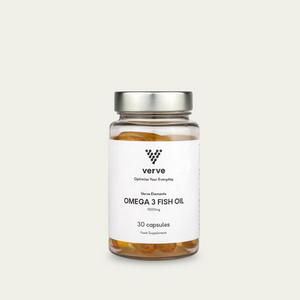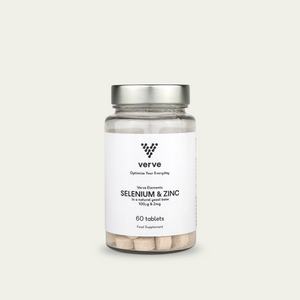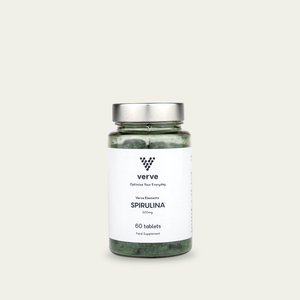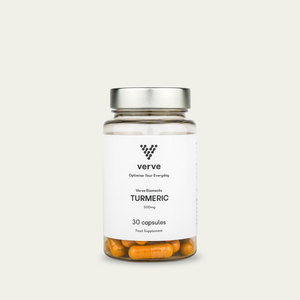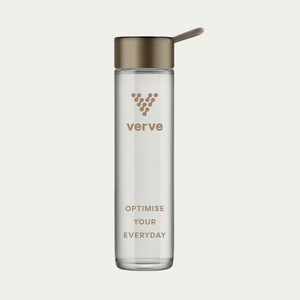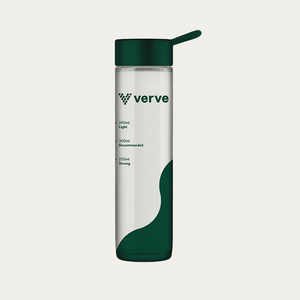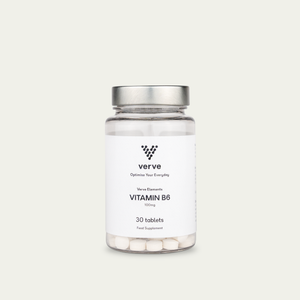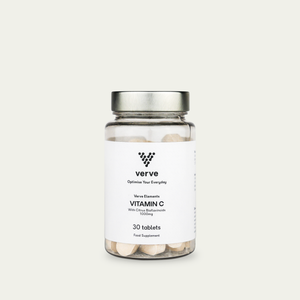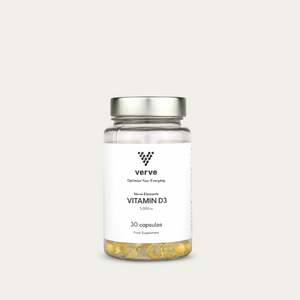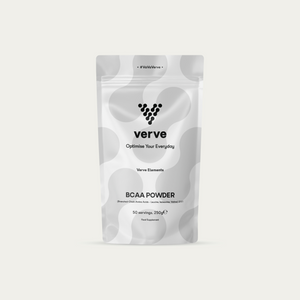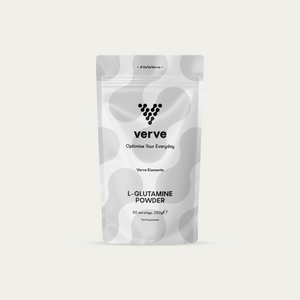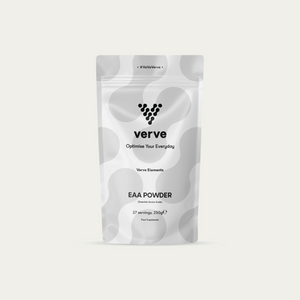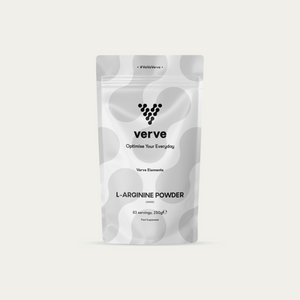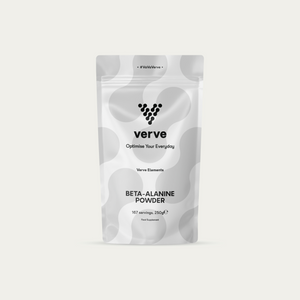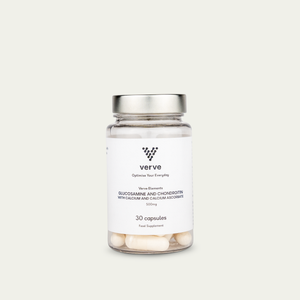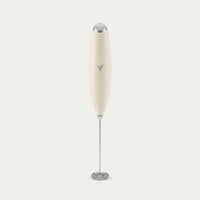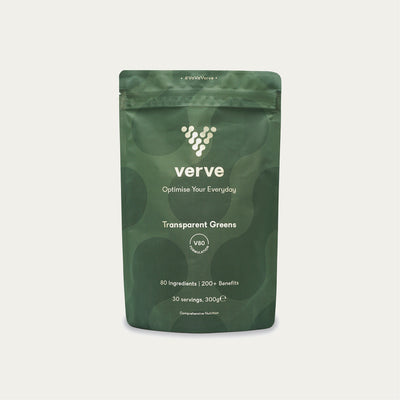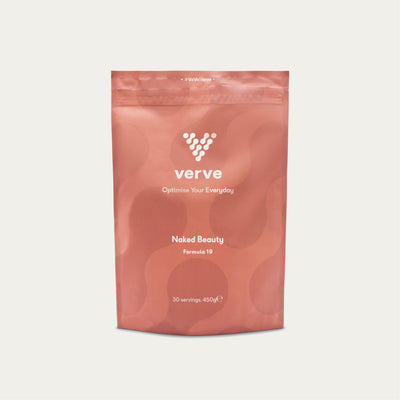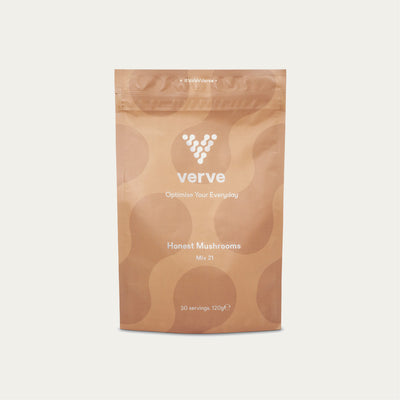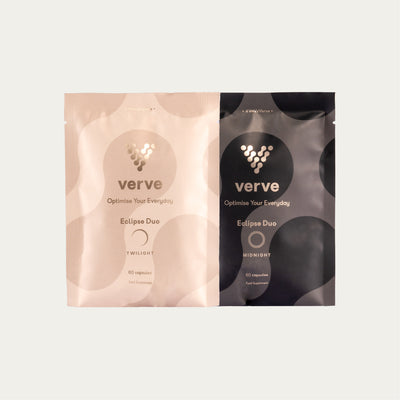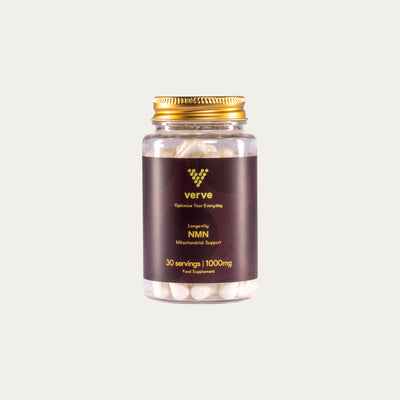Vitamin E
Vitamin E is a powerful antioxidant that is crucial in the fight against free radicals, which can lead to oxidative stress and cellular damage – enemies of good circulatory health.
Beyond its role in protecting cells, Vitamin E is specifically known to bolster the health of the endothelium, the inner lining of blood vessels.
In ensuring the flexibility of the arteries, it helps maintain proper blood flow and reduces the risk of clot formation by inhibiting the oxidation of LDL cholesterol, which is a contributing factor in plaque buildup.
Ginkgo biloba
Ginkgo biloba, a venerable tree with roots deep in traditional medicine, carries flavonoids and terpenoids, compounds that have strong antioxidant and anti-inflammatory properties.
This is achieved by its vasodilatory effect and the regulation of blood vessel elasticity.
These effects, combined, can lead to improved brain function, better cognition, and improved circulation.
Vitamin B12
An essential nutrient that plays a fundamental role in red blood cell formation, DNA synthesis, and neurological function, Vitamin B12 is also critical in maintaining an optimal circulatory system.
It manages and lowers elevated homocysteine levels, which when high are associated with vascular problems and an increased risk of cardiovascular diseases. Adequate Vitamin B12 intake ensures efficient cell replenishment and supports the integrity of the circulatory pathways, promoting optimal blood flow throughout the body.
Omega-3 Fatty Acids
Omega-3 fatty acids, particularly EPA and DHA found in fish oil, are critical in maintaining heart health and supporting good circulation.
These fatty acids help reduce systemic inflammation—one of the culprits in vascular disease—and have been shown to decrease triglyceride levels, lower blood pressure, and reduce the risk of plaque buildup in the arteries.
Beetroot
Powder Beetroot powder is a versatile supplement derived from the nutrient-rich beetroot vegetable, known for its high nitrate content.
These nitrates convert to nitric oxide in the body, a compound that plays a significant role in blood vessel dilation. The enhanced vasodilation can lead to improved blood flow, lower blood pressure, and better oxygen delivery throughout the body. It's particularly popular among athletes for its potential to boost endurance and performance by improving circulation and oxygen usage.
Plus, its rich array of vitamins and minerals supports overall health in addition to circulatory benefits.
Iron
Iron is a pivotal mineral in the body, essential for the production of hemoglobin, the protein in red blood cells that carries oxygen throughout the body.
Adequate iron levels are crucial for maintaining energy levels and supporting overall circulatory health.
Without sufficient iron, you may become anemic, leading to a host of issues including fatigue and impaired blood flow.
So by ensuring you get enough iron, either through diet or supplementation, you're supporting your body's ability to transport oxygen efficiently, which is fundamental for robust circulation.
Vitamin B3 (Niacin)
Vitamin B3 or Niacin, is a multifaceted B vitamin, supporting functions ranging from metabolism to skin health.
When it comes to circulation, its role as a vasodilator takes center stage. By relaxing the blood vessels, niacin helps stimulate blood flow to the extremities, which can be particularly beneficial for those suffering from conditions such as Raynaud's phenomenon.
Furthermore, niacin has been shown to influence lipid profiles, lowering 'bad' LDL cholesterol and increasing 'good' HDL cholesterol, thereby reducing cardiovascular risk.
Coenzyme Q10 (CoQ10)
CoQ10 is a substance that cells use to produce the energy they need for cell growth and maintenance.
It functions as an antioxidant, protecting the body from damage caused by harmful molecules.
CoQ10 has been shown to benefit heart health by improving blood pressure and is often recommended for people with congestive heart failure or those who take statins, which can reduce natural levels of CoQ10.
Turmeric
Turmeric has been lauded for its potent anti-inflammatory and antioxidant effects. Its role in circulatory health is linked to its positive effects on endothelial function.
By combating endothelial dysfunction, curcumin promotes proper dilation and constriction of blood vessels, facilitating appropriate blood pressure regulation and clot prevention. Its ability to modulate inflammation and oxidative stress also indirectly supports the maintenance of healthy blood vessels.
Grape Seed Extract
Grape Seed Extract, sourced from the diminutive seeds of grapes, is a treasure trove of oligomeric proanthocyanidins (OPCs) – potent antioxidants that surpass the efficacy of vitamin C and E in the battle against oxidative stress.
The extract has gained acclaim for its cardiovascular benefits, primarily due to its ability to improve blood flow and lower heart rate.
This is achieved through the extract’s natural vasodilating properties, which ease the tension in blood vessel walls, allowing for enhanced circulation.
Furthermore, it has been noted for its capacity to protect the endothelium, the delicate inner lining of the blood vessels, from damage caused by free radicals and inflammation.
Ginseng
Ginseng, long-valued in Eastern medicine, has emerged in modern research as an ally for cardiovascular health.
It has been shown to improve circulatory function by improving blood lipid profiles and by reducing inflammation.
Additionally, Ginseng has been shown to help lower LDL cholesterol levels, contributing to the prevention of vascular damage and support for effective circulation.
L-Arginine
L-Arginine is an amino acid that the body often uses as a building block for protein, but importantly, it also plays a role in the production of nitric oxide.
Nitric oxide is a vasodilator, meaning it helps relax and widen blood vessels, which can improve blood flow and circulation.
This makes L-Arginine a popular choice for cardiovascular health support, particularly for those with high blood pressure or arterial plaque accumulation.
Vitamin K
Vitamin K, often discussed in the context of clotting, also has a dual role in vascular health.
While it is indeed integral to the coagulation process, avoiding excessive bleeding, it is also significant in preventing vascular calcification - a factor in arterial stiffness. By activating proteins that regulate calcium deposition, Vitamin K ensures that calcium is directed to where it is needed, like in bones, and not in the arteries where it can cause harm.
Vitamin D
Vitamin D is conventionally linked to bone health due to its role in calcium absorption; however, its benefits extend to the cardiovascular system as well. It has been implicated in blood pressure regulation and arterial health.
Vitamin D deficiency has been associated with an increased risk of hypertension and arterial stiffness. Ensuring adequate levels of this vitamin ensures that blood vessels remain supple and are less prone to constriction, which is vital for maintaining smooth blood flow.
Magnesium
Magnesium is a vital mineral that supports many bodily functions, including muscle and nerve function, blood glucose control, and bone development.
It is also crucial for cardiovascular health, as it helps maintain normal muscle and nerve function, keeps the heartbeat steady, and supports a healthy immune system. Adequate magnesium intake is associated with a lower risk of atherosclerosis—a condition that causes the blood vessels to become hardened and narrow—and hypertension, or high blood pressure.
